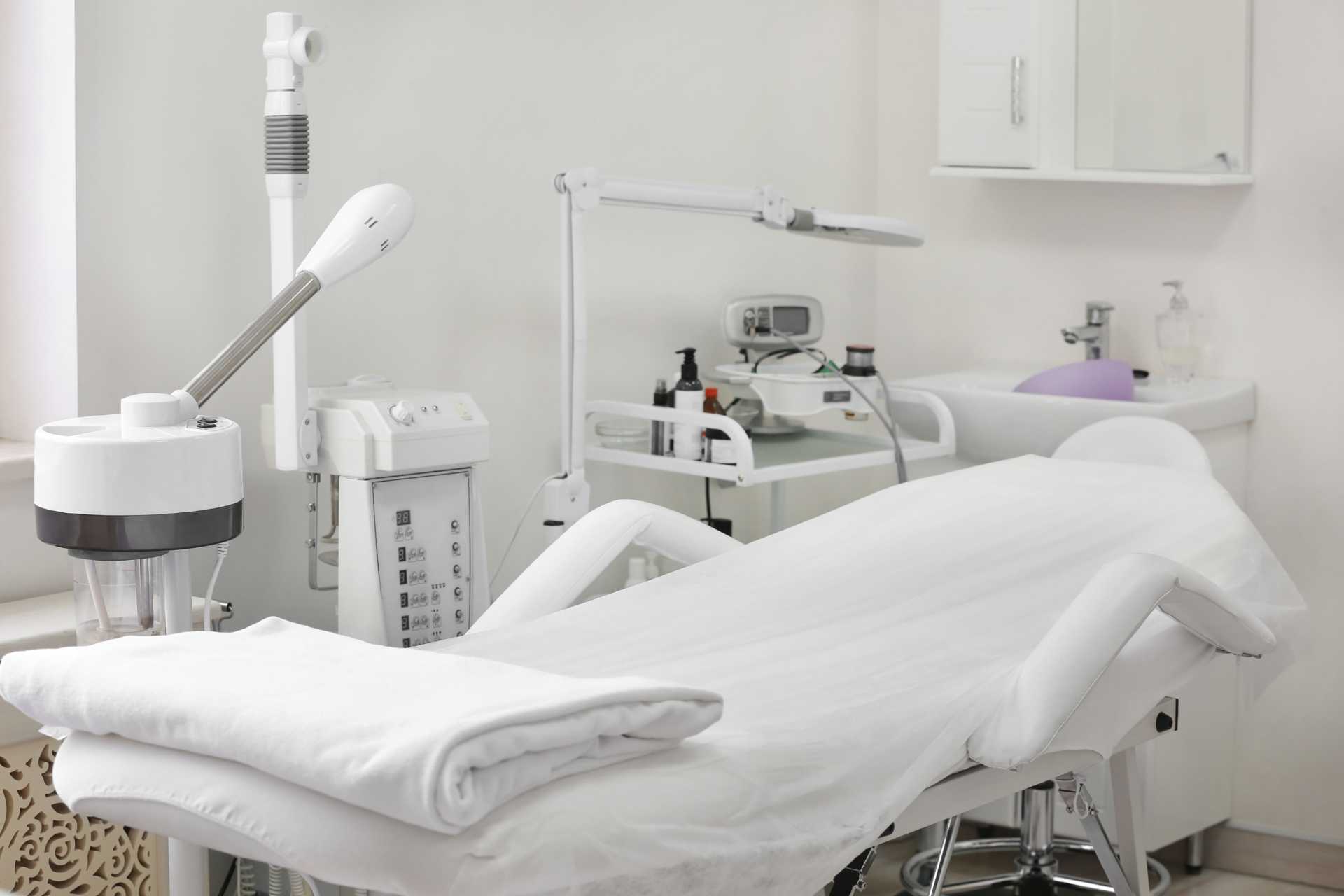Imagine walking into a business for the first time. Before a single word is spoken, before a service is rendered, a judgment is already being formed. This judgment is based on the silent handshake of the physical environment. A facility’s state of cleanliness is a powerful form of non-verbal communication, speaking volumes about an organization’s standards, values, and attention to detail. This holds true for every industry, from a corporate law office to a wellness clinic offering advanced treatments like IV therapy. The consistent use of high-quality facility maintenance supplies is not just a janitorial task; it is a critical investment in brand identity. A well-maintained environment is fundamental to building client trust, reinforcing the quality of service, and fostering a productive company culture.
The First Impression: Setting the Standard in the First 30 Seconds
Humans are wired to make snap judgments. A clean, bright, and orderly environment immediately signals competence, organization, and respect. It subconsciously tells a potential client, “We are in control, we care about the details, and we value your business enough to provide a truly professional setting.” This positive first impression creates a foundation of trust upon which a strong business relationship can be built. It sets a high standard from the very first moment, aligning the physical space with the promise of high-quality service.
In contrast, a dirty or disorganized space sends an immediate negative message. Dusty corners, stained carpets, or overflowing wastebaskets can suggest carelessness, a lack of resources, or a general disregard for professional standards. This can create an instant sense of doubt and unease in a potential client. It forces the business to work much harder to overcome that initial poor impression. This creates an unnecessary barrier to establishing trust. In the competitive Canadian market, no business can afford to start a new relationship from a position of disadvantage.
Building Client Trust and Confidence: The Tangible Link
Clients naturally extrapolate from what they can see. A business that cannot manage its own physical space creates doubt. A client will subconsciously question its ability to handle more complex, less visible tasks. The unspoken question is simple: “If they can’t manage their own office, how can they manage my project?” This is true across all sectors. In a law or accounting firm, a pristine office reinforces precision and order. In a creative agency, a clean and stylish space suggests a clear and focused mind.
This link between cleanliness and competence is especially critical in the health and wellness industry. For a clinic offering services like massage therapy or IV therapy, cleanliness is directly linked to health, safety, and well-being. It is a non-negotiable aspect of the service and the primary basis for a client’s trust. A spotless, sterile environment is not just a feature; it is a promise of professional care and a commitment to the client’s safety. Any lapse in cleanliness in this setting can instantly destroy credibility and drive clients away.
A Reflection of Quality and Attention to Detail
A commitment to facility cleanliness is rarely an isolated trait. It is typically a reflection of a broader corporate culture that values excellence in all areas. The same operational mindset that ensures spotless floors and organized supply closets is the same one that insists on error-free reports, high-quality products, and exceptional customer service. Attention to detail is a habit. A business that demonstrates this habit in its physical environment is likely to apply the same meticulous standards to the work it does for its clients.
The “Broken Windows” theory supports this idea. The theory suggests that visible signs of disorder, like a dirty bathroom or a cluttered reception area, can encourage a general decline in standards across an organization. Conversely, a business that maintains a consistently clean and orderly facility demonstrates high standards across the board. This signals that the business rejects mediocrity in any aspect of its operations, from the cleanliness of its floors to the quality of its final product.
The Impact on Employee Morale and Productivity
The benefits of a clean facility extend inward to the company’s own team. A clean, safe, and well-maintained environment is a tangible sign of respect from an employer to its employees. It shows that the company cares about their health and well-being and is willing to invest in their daily work experience. This can have a significant positive impact on morale. Employees who feel valued and respected are more likely to be engaged, motivated, and loyal to the company.
A clean workspace also has a direct impact on performance. A tidy, organized environment can reduce employee stress, minimize distractions, and lead to greater focus and productivity. It is also a healthier environment, which can lead to a reduction in sick days due to the spread of germs. High standards for the physical space can inspire high standards in the work itself. When the environment reflects professionalism and order, it encourages employees to bring that same level of care and attention to their own tasks.
The Long-Term Business Case for Cleanliness
Viewing cleaning costs as a simple expense is a shortsighted approach. A strategic investment in professional cleaning and quality supplies provides a significant return. A reputation for having a clean, professional facility can become a key brand differentiator. It can lead to positive word-of-mouth, better online reviews, and a stronger overall brand image that attracts higher-value clients. In a crowded marketplace, a pristine physical space can be a powerful competitive advantage.
Furthermore, regular, professional cleaning is a form of preventative maintenance. It protects expensive assets like flooring, furniture, and fixtures from premature wear and tear. By removing dirt and grime that can degrade surfaces over time, it extends their lifespan and reduces long-term capital replacement costs. Finally, a consistently pleasant and professional environment is one of the many important factors that contribute to a positive customer experience. This positive experience is the foundation of client loyalty and retention, which are essential for long-term business success.
Don’t Let a Dirty Floor Undermine Your Bottom Line
Facility cleanliness is not a low-level janitorial task to be minimized. It is a high-level strategic function that is integral to brand management, professional standards, and long-term profitability. It makes a powerful first impression, builds client trust, reflects a culture of quality, and boosts employee morale. Business owners and managers should regularly walk through their own facilities with the critical eyes of a new client. By honestly assessing the message their space is sending, they can ensure their investment in cleanliness is directly supporting their company’s success and reinforcing the professional image they work so hard to build.






